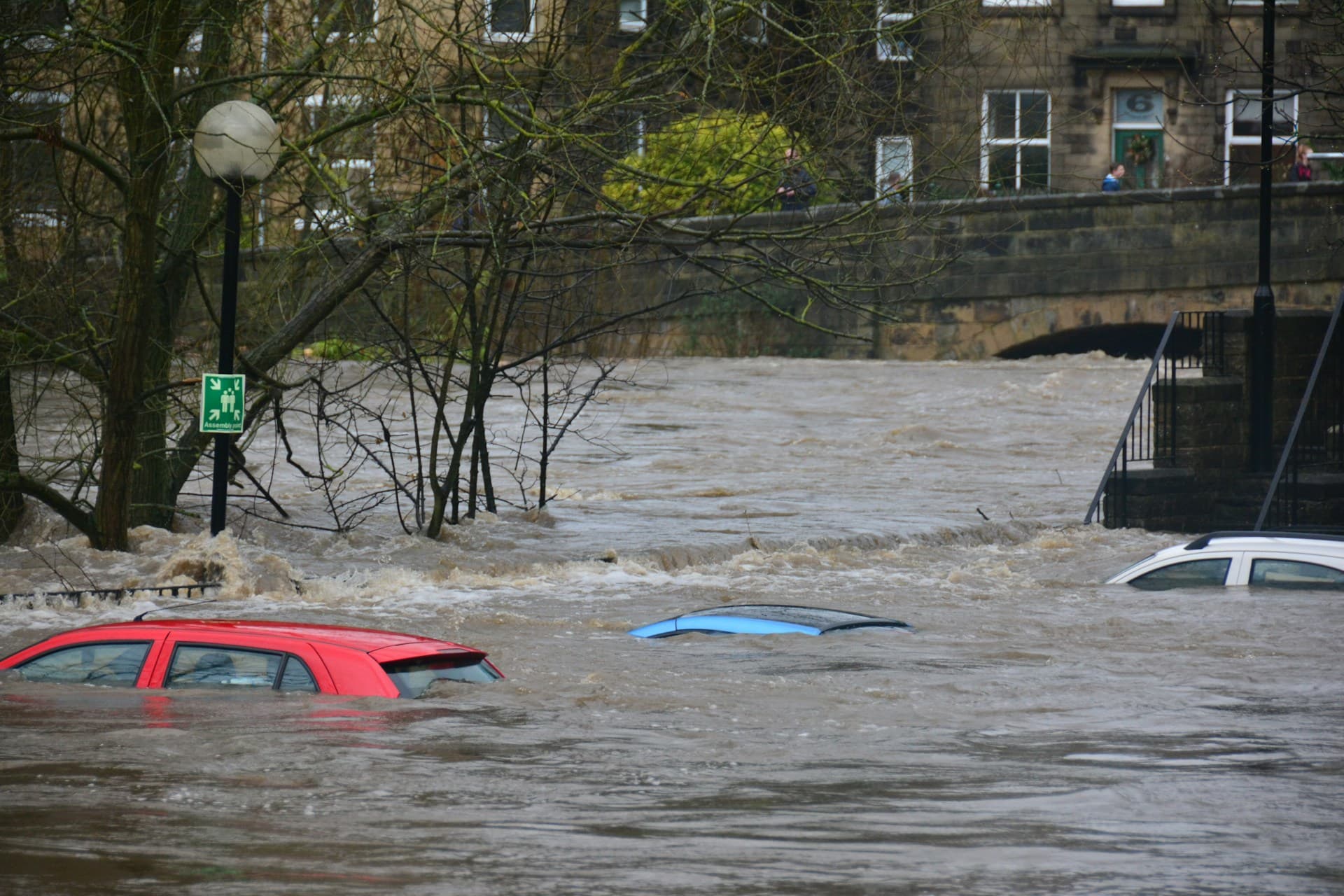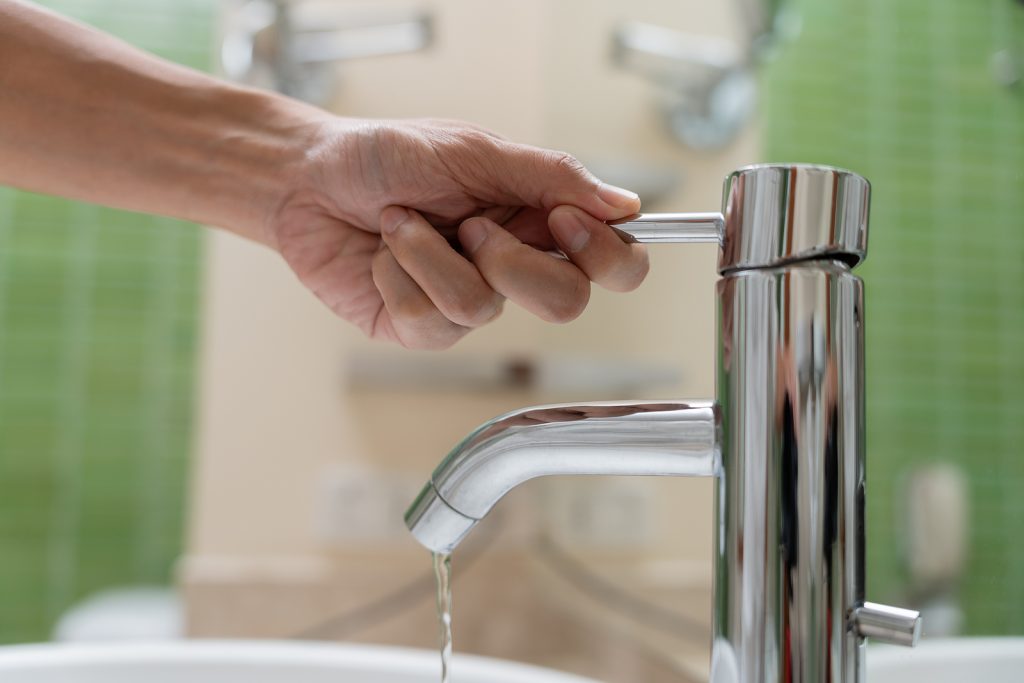As a business owner, you’ll want to ensure your day-to-day operations run as smoothly as possible. But one issue that can prevent that from happening is damage caused by a water leak.
If you’re unfortunate enough to encounter a burst pipe or fault in your water system, this could prove to be a really costly, time-consuming and all-round inconvenient situation to find yourself in.
In this blog post, we’ll take a look at the worst-case scenario to see what damage a water leak can cause. We’ll also include some guidance on spotting and preventing a leak to help you avoid this potentially catastrophic disruption to your business.
Potential Issues Caused By Water Leak
To give you an idea of the potential damage that can be caused by water leaks, here’s what could happen to your business premises:
Structural Damage:
If a water leak is particularly bad or it goes unnoticed for quite a while, it may have the potential to compromise the structural integrity of a building.
Over time, continuous water damage can weaken building materials such as wood, drywall, and concrete, causing them to warp, decay and eventually break down. If this happens, a building may become unsafe, which would likely put your business’ operations on ice until you have a chance to get it sorted.
Electrical Hazards:
If you have any water that’s leaking in close proximity to electrical systems, this may pose a severe risk of electrical hazards.
As you probably know, water is a great conductor of electricity – that’s why you should never use any electrical devices in the bathtub!
So if any leaks occur near electrical outlets, wiring or appliances then this can lead to short circuits, electrical fires or even electric shock.
This explains why it’s so important to address water leaks in a timely fashion as electrical failures can pose serious safety risks.
Foundational Damage:
Having strong and stable foundations is imperative for any property as this keeps the building upright and prevents it from subsiding.
Excessive water infiltration around the foundation can potentially lead to soil erosion, compromising the stability of the building. This may eventually result in foundation cracks, settlement issues or even structural failure.
If you needed to get the foundations of your building repaired then this would no doubt cost a small fortune as it’s not a small job by any means.
It’s important to point out that this would only happen in extreme cases and there would need to be water leaking for a long period of time.
Mould Growth:
Considering some of the other potential issues on this list, you’d be forgiven for thinking that mould may be the least of your worries, but you’d be wrong.
In fact, an overgrowth of mould could be one of the most hazardous consequences of water leaks – not just to your premises but to the health of you, your staff and your customers.
The excessive moisture that comes with a water leak can quickly provide an ideal environment for mould spores to flourish, leading to the formation of mould colonies on walls, ceilings and other surfaces throughout your premises.
As well as causing degradation to these surfaces, mould can cause respiratory issues and allergies, lowering the air quality and making it potentially dangerous to anyone inside
Due to this, if you have an overgrowth of mould then this would often require a professional to come and sort the issue out, which would likely set you back quite a bit.
How To Spot A Leak
To help you spot a leak, there are some steps you can take. These include the following:
Regular Inspections
The first step is to regularly inspect the building for any signs of water leaks. Check your walls, floors and ceilings for any signs of discolouration, damp spots or paint peeling off. You should also pay attention to any unusual odours – musty or damp smells can be a clear sign of leaking water.
As well as indoor areas, you should also check outside too. Many of the pipes will be visible around your business premises so you should be able to spot any leaking water.
Look out for any puddles, unusual wet patches or soft ground. These may suggest underground leaks or issues with your external plumbing which would need to be addressed immediately.
Water Audits
A water audit is where professional water auditors will come and assess your business premises to identify potential leaks
As well as spotting leaking water, you can also highlight inefficiencies and help to streamline your water system. This could involve upgrading older equipment, adopting smart monitoring solutions or training your staff to use water more efficiently, all of which can reduce bills which is a nice little bonus!
Monitor Your Water Bills
Chances are, you’ll usually use around the same amount of water each month, so that should mean your bills stay pretty much the same, give or take a few pounds here and there.
So, by keeping a close eye on your bills, you can spot any sudden spikes that may indicate you’re losing water from somewhere.
If you’re on quarterly bills, you may want to switch to monthly. This will allow you to monitor your bills more regularly, which could make all the difference if you do eventually have a leak.
Utilise Technology
These days, business owners can utilise a variety of technologies to help make the job of detecting leaks an easier task. These technologies include smart water meters and sensors that provide real-time data on your water usage which will then alert you to abnormal patterns or leaks, allowing you to act swiftly.
Schedule Regular Plumbing Maintenance
Another way you can detect any issues early is by scheduling regular plumbing maintenance. A good plumber will be able to use their expertise to assess your pipework, looking for any signs of wear and tear that could easily develop into something more severe at a later date.
If any issues are detected by your plumber, they will no doubt advise on the best course of action to take, which could end up saving you a lot of money on substantial repairs in the long run!
Employee Training
Now you know the best ways to spot a water leak, the only other step to take is to try and pass this knowledge on to your staff.
By teaching them what you’ve learned in this guide and encouraging them to be on their toes ready to act, they should be prepared to spot any leaks on your premises, allowing you to get it fixed as soon as possible.
Compare Water Business Suppliers
Another way to help you spot any leaks is to compare business water suppliers. This could help as there are many different suppliers on the market that will help you utilise water-saving technologies which can alert you if there’s any sudden spike in your usage.
Moreover, some water suppliers have other benefits, such as lower costs or environmental initiatives. So whether you’re looking for the best prices on water usage, smart technology of an eco-friendly provider, we can put you in touch with the right water supplier.
We start the process of finding the perfect supplier by discussing your needs and preferences to help identify the most suitable options. We will then offer detailed information on many different water suppliers, tariffs and pricing structures – then you’ll have all the data you need to make your choice.
Another benefit you get when you use a broker like us is we always stay informed about all of the latest innovations and market developments that are going on. So if you’re keen to partner with a company that aligns with your cost-saving or environmental goals then we will help you do just that.
So if you want to find the best deals on the market that can help you reduce your outgoings, get in touch as we’d be happy to help you switch business water supplier.
So that’s the damage that can be done by a water leak, as well as what you can do to prevent one. As you can see, a water leak could pose a huge threat to your business premises, potentially putting you, your employees and your customers at risk.
Although some of the preventative steps may cost money, this bill will likely pale in comparison to the costs you’d have to fork out if any of the damage we’ve covered were to occur.



